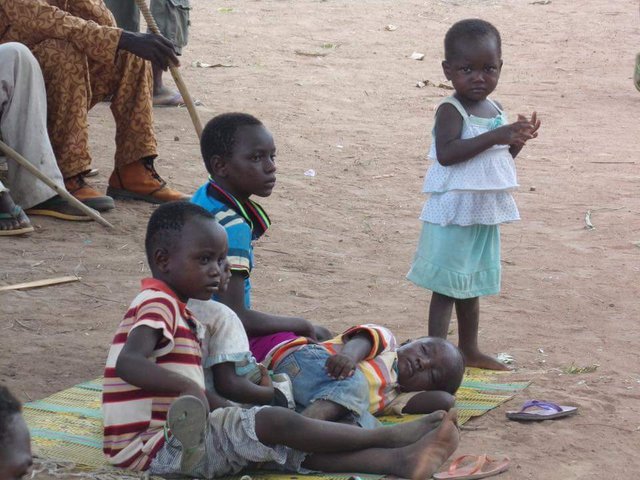Poverty has become a plague in many regions of the world, and Africa is no exception. As an African, it saddens me to see so many of my fellow citizens living below the poverty line, in fact, I cannot say I have escaped poverty fully myself. The situation is dire, and something needs to be done urgently to alleviate the suffering of millions of people.
There are many factors contributing to poverty in Africa, including political instability, conflict, corruption, and poor governance. These issues create a ripple effect that impacts many areas of society, from basic access to food, water, and healthcare to education, employment opportunities, and economic growth.
As someone who has witnessed firsthand the effects of poverty, I know how challenging it can be to break the cycle. For many people, poverty is not a choice but a result of circumstances beyond their control. Children are born into poverty and face limited opportunities for education and employment, perpetuating the cycle for future generations.
It is heartbreaking to see children going hungry, families struggling to access clean water, and communities lacking basic healthcare services. Poverty can lead to malnutrition, disease, and poor living conditions, making it difficult for individuals to break free from the vicious cycle of poverty.
Despite the challenges, there are efforts underway to combat poverty in Africa. International aid and development programs are making a significant impact, providing support to communities and individuals in need. However, long-term solutions are needed that focus on empowering communities, creating sustainable economic growth, and investing in education, healthcare, and infrastructure.
It is important to remember that behind the statistics and figures are real people, families, and communities struggling to survive. Poverty is not just a statistic; it is a human tragedy that requires our attention and action. Together, we can work towards a future where poverty is no longer a barrier to a better life.
